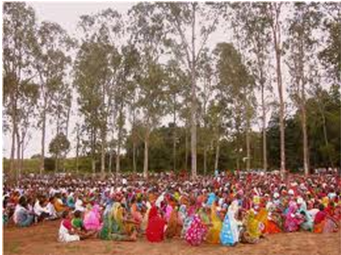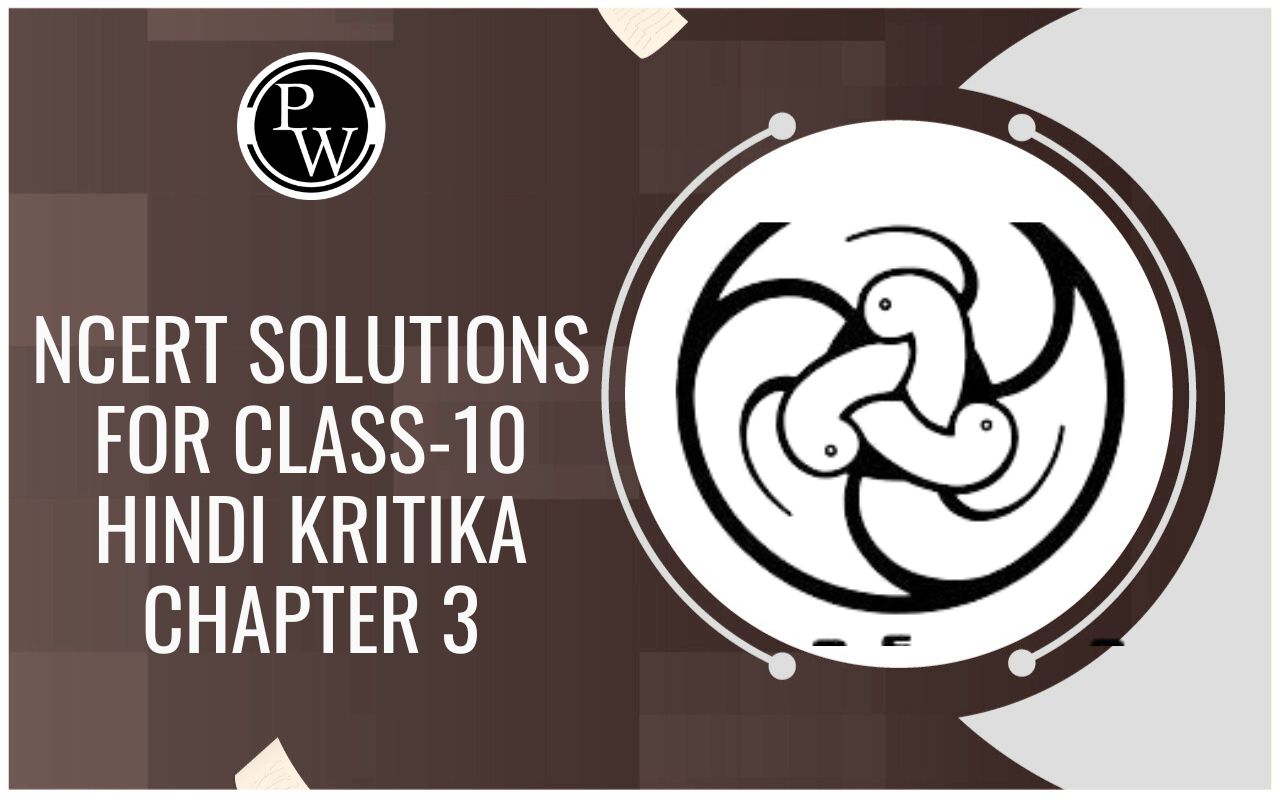
Laws of the Marginalised
Confronting Marginalisation of Class 8
The government makes laws to protect its citizens. There are specific laws and policies for the marginalised in our country. There are policies or schemes that emerge through other means like setting up a committee or undertaking a survey etc. The government then makes an effort to promote such policies in order to give opportunities to specific groups.
Promoting Social Justice
State and central governments create specific schemes for implementation in tribal areas or in areas that have a high Dalit population. In addition to providing certain facilities, the government also operates through laws to ensure that concrete steps are taken to end inequity in the system.
One such law policy is the reservation policy that today is both significant and highly contentious. Governments across India have their own list of Scheduled Castes (or Dalits), Scheduled Tribes, and backward and other backward castes. The central government too has its list.
Students applying to educational institutions and those applying for posts in government are expected to furnish proof of their caste or tribe status, in the form of caste and tribe certificates. If a particular Dalit caste or a certain tribe is on the government list, then a candidate from that caste or tribe can avail of the benefit of reservation.
This does not means that all Dalit and tribal candidates can qualify for admission, but only those who have done reasonably well and secured marks above the cut-off point will get admission. Governments also offer special scholarships for these students.








